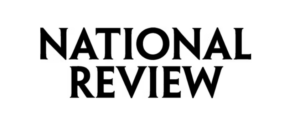Amy Lerman was quoted in WIRED:
Clean slate laws are sweeping the country, offering many of the estimated 70 to 100 million people with a criminal record the chance to have their record expunged. The benefits seem straightforward: Making a criminal record no longer publicly available should reduce housing and employment discrimination. The policy aims to give people a second chance, especially those who were unfairly targeted to begin with. Expungement has largely been framed as a way to address the errors of a legal system rooted in racial hierarchies and discrimination.
“What our study shows,” study authors Alyssa Mooney, Alissa Skog, and Amy Lerman told me in an email exchange, “is that automating record clearance alone is not going to be sufficient to reduce racial disparities in who has a criminal record. … What will be needed to actually reduce the racial gap in criminal records is a policy change that extends record clearance eligibility to a wider range of cases. This isn’t a technology problem; it’s a political problem.”
The full article is available here.














